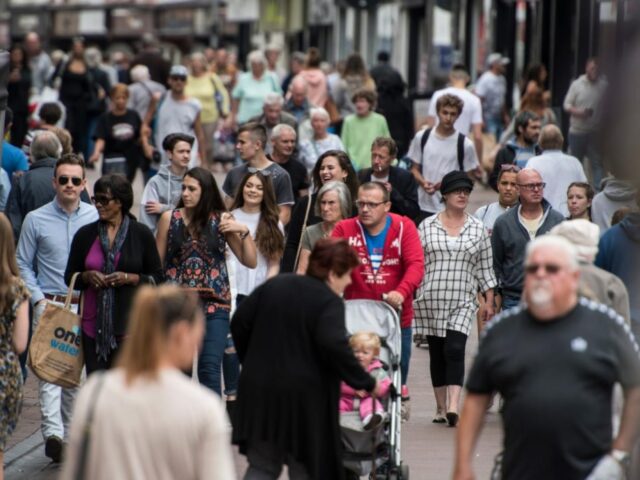Six researchers from across the UK have presented evidence about the social and economic impact of the coronavirus pandemic to staff in the Scottish Government.
The administration in Holyrood holds Evidence in Policy events every November to discuss and share research and ideas which are relevant to policy. Research from Understanding Society, including findings based on its COVID-19 Survey, was used to assess the effects of the pandemic in three areas:
Paul Fisher from the Institute for Social and Economic Research at the University of Essex, and Hamish Low, University of Oxford, and Understanding Society Economic Risks Topic Champion, presented their findings on the economic impact. They found:
- little effect on employment, but large falls in the number of people working positive hours
- the biggest labour market shocks were for those in the lowest income quintiles, in minority ethnic groups and in precarious employment
- people from BAME groups were more likely to become unemployed than be furloughed
- people were reluctant to spend even when lockdown was lifted – which can blunt the effects of some fiscal measures
Kathleen Henehan, Senior Research and Policy Analyst at the Resolution Foundation, gave a presentation on the role of adult training and education in addressing growing unemployment. Her research suggests that:
- training improves the odds of returning to work, but for non-graduates longer training and training that results in a qualification is better
- the pandemic may see more people changing industries, but most training appears to play a small role in this – except full-time education
- in the short to medium term, support in changing careers may be better achieved through sector-focused job creation initiatives that have training built in
- in the longer-term, adult education that offers credit accumulation and support with living costs is what is needed
Nicola Pensiero, Anthony Kelly and Christian Bokhove from the University of Southampton looked at loss of learning among children and learning inequalities during lockdown. They found that:
- only a minority of schools provided online lessons, with primary school children losing more hours of schooling than secondary
- children in the most advantaged families spent 0.5 hours more per day on average on primary school work, and 1.2 hours more per day for secondary than more disadvantaged children
- schools should remain open during further lockdowns to avoid further widening the achievement gap between socio-economic groups
- government catch-up funding and the national tutoring programme were timely but the resources were not likely to be enough to significantly reduce the achievement gap between socio-economic groups widened by the pandemic.
Evidence into Policy events are an opportunity to discuss and share research and ideas that underpin the Scottish Government’s National Performance Framework. Introduced in 2007, the framework contains a range of outcomes for Scotland, which analysts and scientists continually monitor progress on.
Full presentations
The Economic Impact of COVID-19 across Different Households
Adult retraining and employment outcomes
Learning inequalities during COVID-19 how did families cope with home-schooling?
Covid 19EducationEmployment



